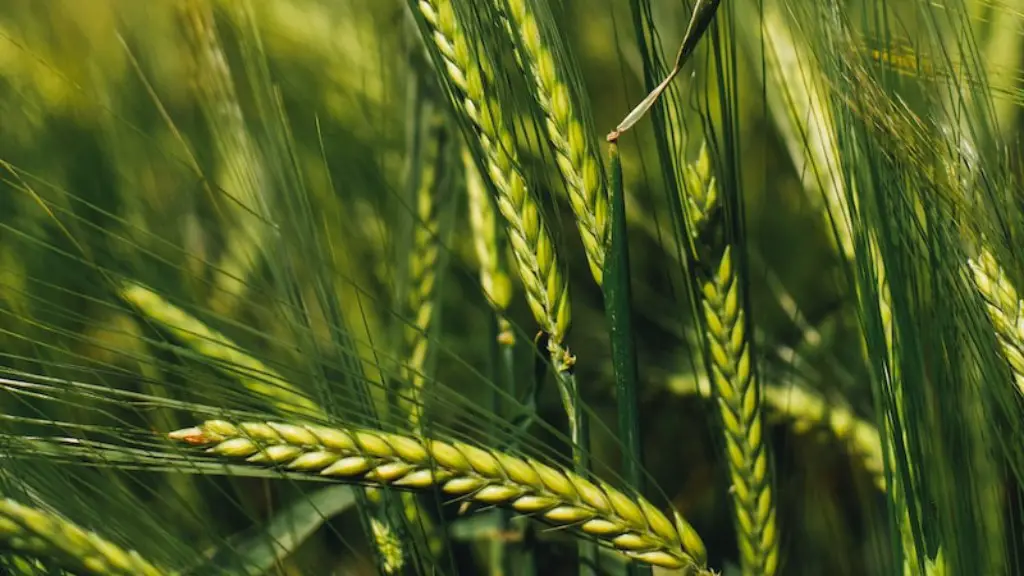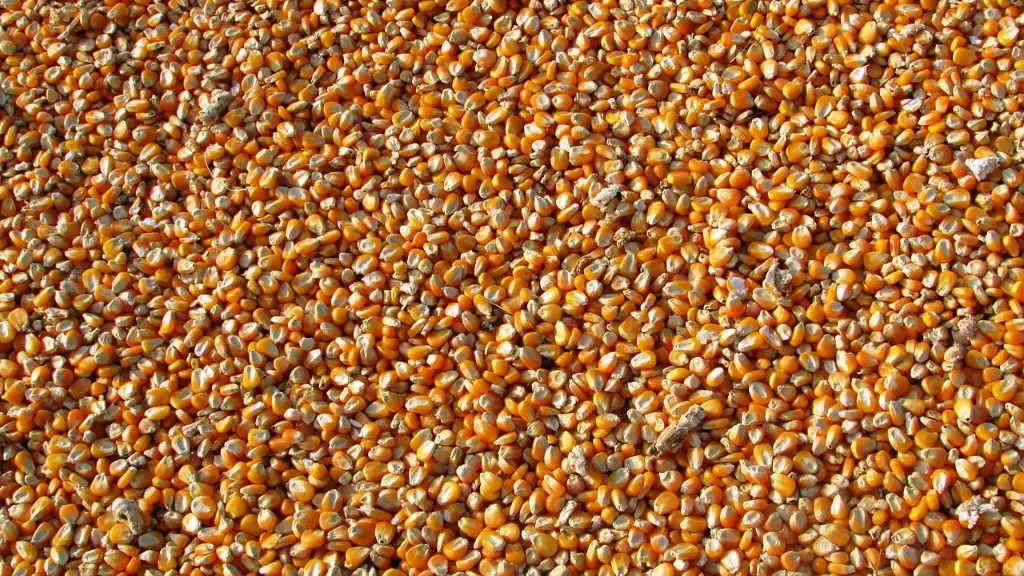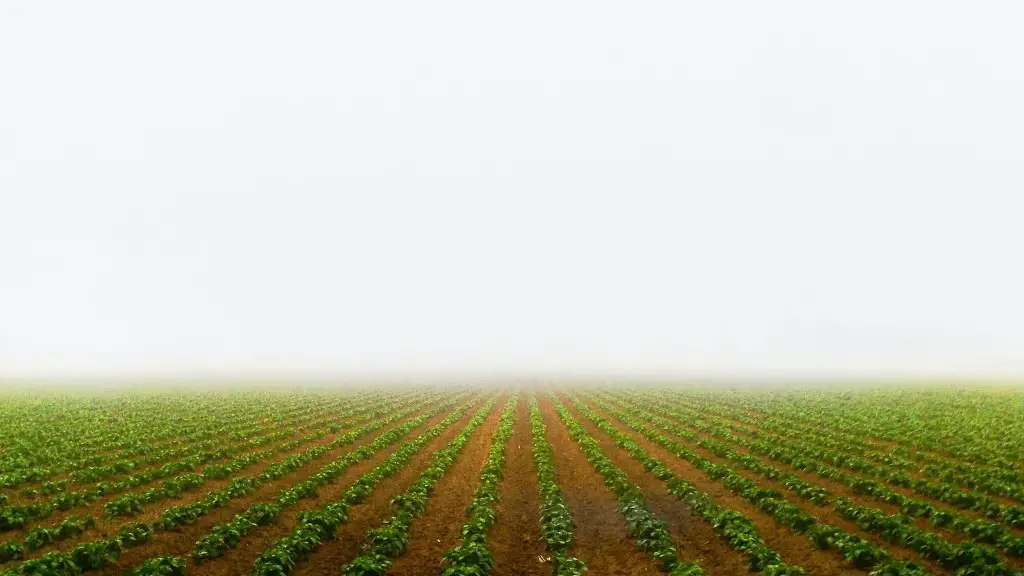As an academic expert in the field of agriculture, I am often asked to comment on the future of agriculture in this country. While I can provide some insights, it is difficult to predict with absolute certainty. However, I have highlighted some likely trends below.
Overall, the future of agriculture in this country is closely tied to emerging technologies. Automation and AI are becoming increasingly prevalent in agricultural operations and are likely to continue to expand in the coming years. These technologies will enable farmers to become more efficient and efficient operations will bring down costs to make food production more economical.
Another significant factor in the future of agriculture in this country is the introduction of industrial farming techniques. Industrial farming techniques such as hydroponics, vertical farming, and aquaponics can reduce water usage and increase crop yields. These techniques are also more environmentally friendly and can allow farmers to capitalize on the growing demand for sustainable foods.
Additionally, improved seed varieties, site-specific crop management, and better pest management will likely contribute to the future of agriculture in this country. Improved seed varieties allow farmers to better match their crops to the climate and soil conditions of their area, while better pest management can reduce the need for excessive use of chemicals, again helping to reduce costs and increase sustainability.
One of the most important components of the future of agriculture in this country is the need for research and development. Agriculture is a constantly evolving industry, and doing research and innovating can help farmers become more productive and profitable. Developments in agricultural technology, such as precision farming, can also play an important role in helping farmers identify and respond to potential issues quickly and effectively, again reducing costs and boosting profits.
Impact of Climate Change on Agriculture
Climate change is another important factor in the future of agriculture in this country, as it can cause extreme weather events that can damage crops and interfere with food production processes. To address this issue, farmers and researchers must work towards adaptive measures that will enable them to respond quickly to changes in the environment and ensure their crops can withstand harsher and more unpredictable weather patterns.
The impact of climate change will also vary across the country, with different regions likely to experience different effects. For example, while some regions may benefit from higher temperatures and more consistent rainfall, others may experience more extreme droughts and floods, or increased storms and destructive winds.
Ultimately, climate change will mean farmers must focus more on adaptive measures, such as drought-tolerant crops, and increasing their Agroforestry efforts, which will bring higher yields from their land and better resilience in the face of extreme weather events.
Effects of Globalization on Agriculture
Globalization is also likely to have a major impact on the future of agriculture in this country, as increased competition from abroad can lead to a decrease in prices and pressures to adopt more ‘efficient’ production methods.
In addition, increased integration of global markets can lead to the spread of new pests and diseases, as well as the displacement of local food production. These issues can be addressed through increasing regional collaboration on biosecurity, promoting local production of food, and providing farmers with effective techniques to respond to new problems quickly.
Importantly, farmers must also be proactive in responding to these issues, as increased competition from foreign markets can put enormous strain on local producers. To succeed in these markets, farmers must tap into new technology and increasing expertise in their fields to gain an advantage over their competition.
Role of Government in Agriculture
Finally, the role of the government in the future of agriculture in this country is a critical issue, as the government plays a critical role in providing incentives for farmers and setting industry-wide standards. Through providing financial incentives, the government can help farmers stay competitive in an increasingly global market, while setting standards can ensure producers are meeting consumer expectations.
In particular, government-funded programs such as irrigation, agricultural extension, and crop insurance can help farmers become more competitive while also increasing sustainability. Additionally, regulatory measures such as genetically modified organisms (GMOs) labeling rules can ensure consumers are informed of their food and respond accordingly.
Ultimately, the government plays a critical role in ensuring that the future of agriculture in this country is bright. By providing incentives and assisting farmers, the government can help farmers become more competitive in a global market, increase production, and promote sustainability for the benefit of all.
Advances in Agricultural Technology
Advances in agricultural technology are also likely to contribute to the future of agriculture in this country. Advances in robotics and AI can improve production processes, while improved monitoring systems can enable farmers to more accurately track and respond to conditions and pests on their farms.
Additionally, precision farming technologies, such as variable application rates, can help farmers reduce inputs and save money, while GPS based guidance and variable rate technologies can help with precise land management and soil fertility analysis.
Finally, improved crop models, such as site-specific crop management, can enable farmers to better manage their land and resources. Similarly, new sensing and monitoring technologies, such as drone-based crop monitoring systems, can help farmers respond quickly and accurately to potential issues.
In summary, the future of agriculture in this country is dependent on a range of factors, including emerging technologies, industrial farming techniques, and advances in agricultural technology. Additionally, climate change, globalization, and the role of the government can all play a critical role in shaping the future of agriculture. By taking these factors into account, farmers, researchers, and the government can work together to ensure the future of agriculture in this country is a prosperous one.




